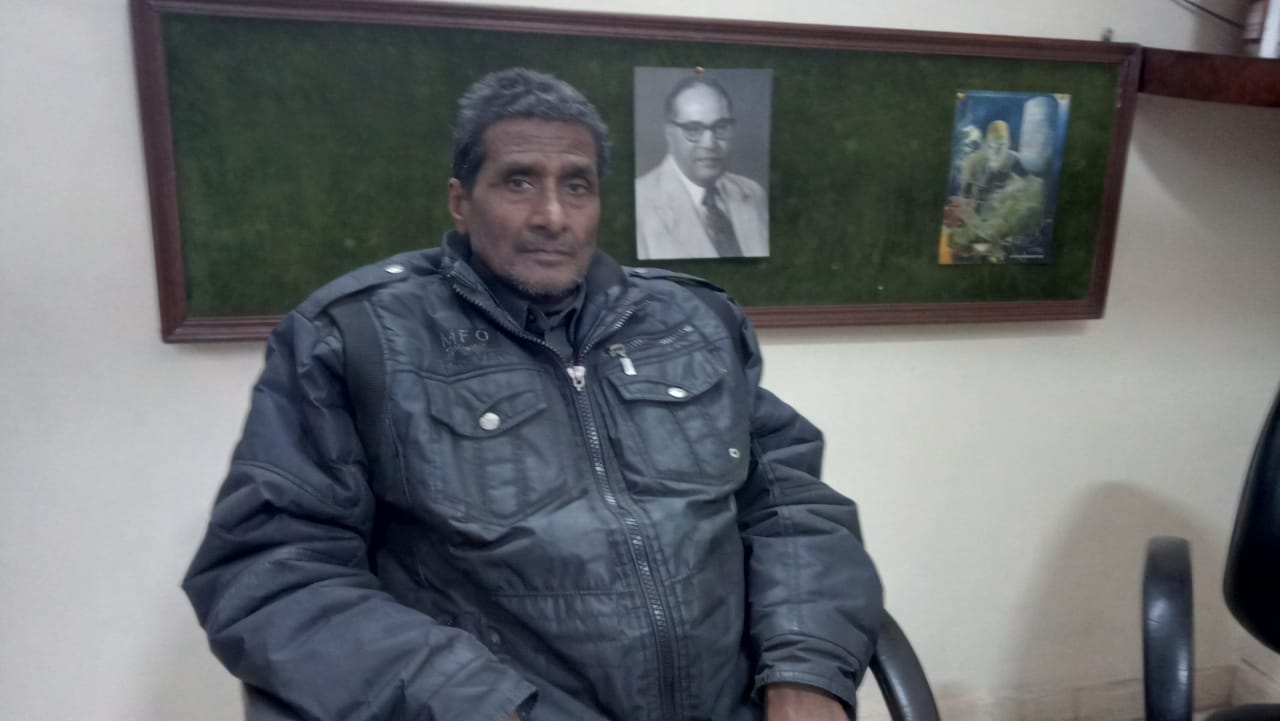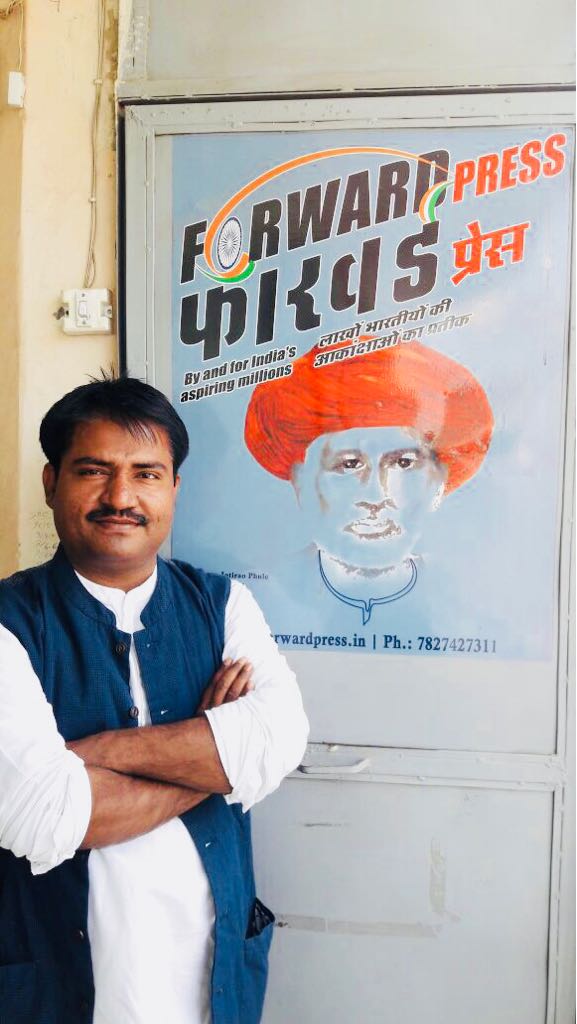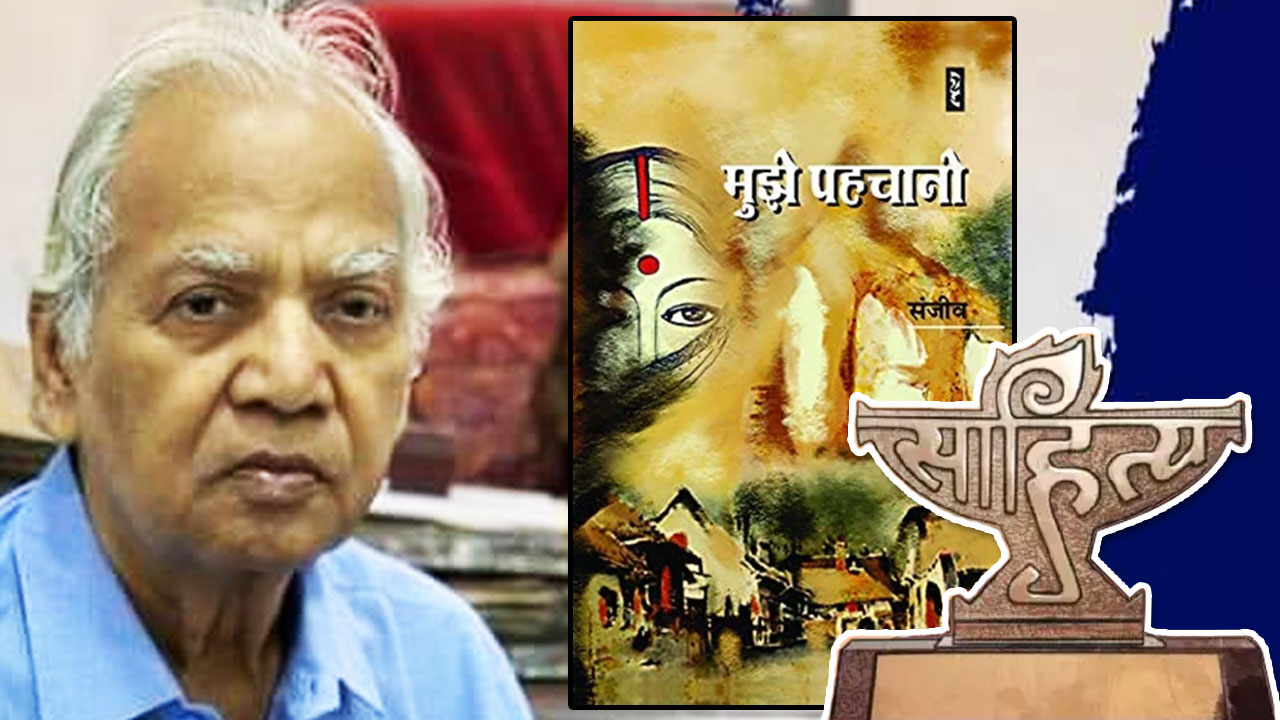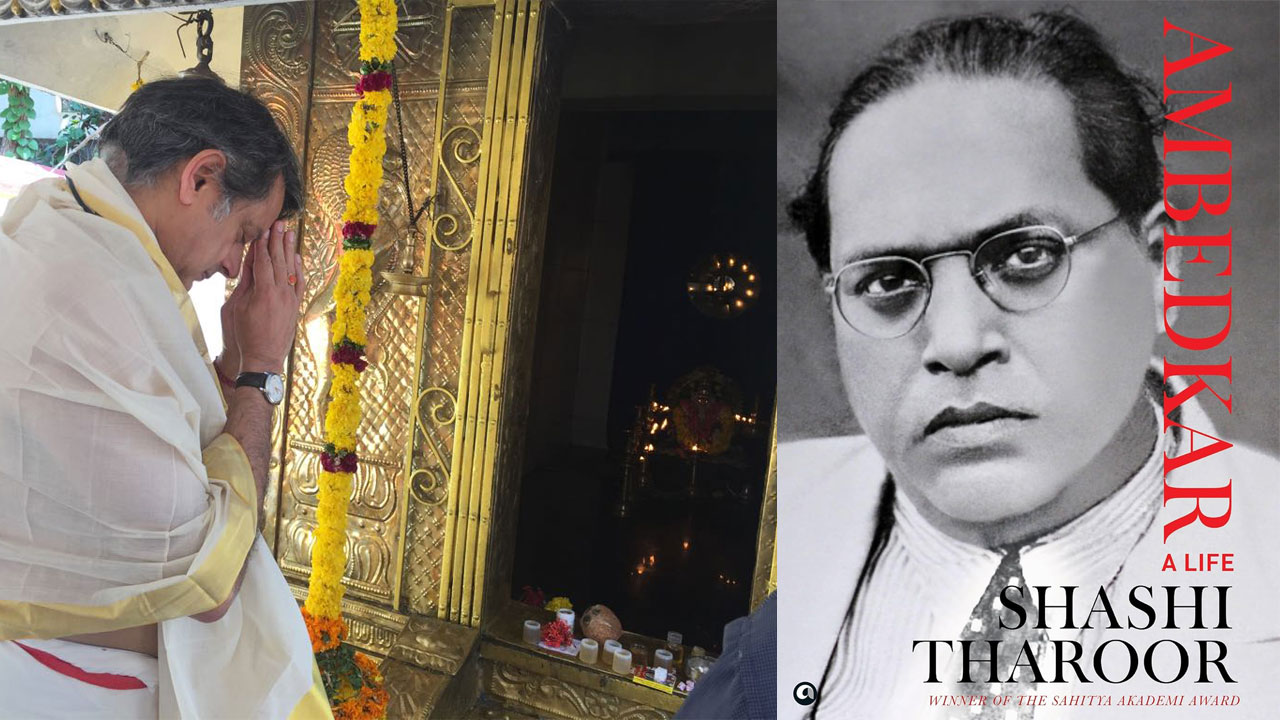For more than three months now, farmers have been agitating on the borders of Delhi. Their movement has been expanding to Uttar Pradesh, Haryana, Rajasthan and other states through Kisan Mahapanchayats. The farmers of Bihar, however, seem to be unmoved. Why is it so? Former Bihar CPI (ML) MLA N. K. Nanda goes into the reasons during a conversation with Nawal Kishore Kumar. Edited excerpts:
The farmers’ protest has completed three months. Your take?
It is very unfortunate that the government is neither trying to listen to the farmers’ concerns, nor understand them. I think the farmers are raising valid questions and it is the government’s responsibility to answer them. The three farm laws should be repealed.
There is no impact of this movement in Bihar. Why?
It is true that Bihar is unaffected by this movement. Recently, the leftist parties did try to initiate protests but their problem is that the farmers are not with them. Their supporters are political activists. As to the reason, you must first try to understand the character of the farmers of Bihar. Those who own big lands here do not do farming themselves and so they have no interest in the movement. Had they been toiling in the fields, they would have understood the concerns of the farmers. They are not bothered about any law.
Those who do farming themselves own very small pieces of land. Many of them are landless and agricultural labourers. They live hand to mouth and are not in a position to resist. Then, there are social reasons, too. Due to the almost nil representation of Dalits and OBCs in the media, their concerns never become part of the popular discourse.

But all farmers – whether big or small – are supporting the ongoing protest in Delhi. How is that possible?
This is an important question. The fact is that the character of the Jats and the Sikhs is very different from the character of the farmers of Bihar. In Bihar, big farmers are feudal. They consider farming a lowly occupation. On the other hand, in Punjab, even the biggest landowner toils in his fields. He does take the help of labourers but he also works himself. He has an understanding of the issues confronting the farmers. Secondly, the Hindi belt has been under the influence of the ideology of Hindutva. It is afflicted with Manuvad.
In 2006, the Bihar Government repealed the APMC Act and shut down government mandis. Even at that time, there were no protests in Bihar.
True. But who could have protested! When Nitish Kumar came to power, ending the 15-year-long rule of Lalu Prasad and Rabri Devi, the Congress was weak and so were the left parties. And Lalu could not have protested because he was already in the dock for the acts of omission and commission during his long rule. Immediately after taking over, Nitish Kumar disbanded the Justice Amir Das Commission that was set up to investigate the political links of the outlawed Ranvir Sena. Did anyone protest then?
Do you think the government will concede the demands of the farmers?
The way the government is trying to suppress the movement, I don’t think there is any possibility of it accepting their demands. Look at what it is doing. Firstly, it is forcing the farmers to prolong their agitation indefinitely. Secondly, it is trying to tarnish them by calling them as Khalistanis and accusing them of having foreign links. The government is only conspiring against them.
(Translation: Amrish Herdenia; copy-editing: Anil)
Forward Press also publishes books on Bahujan issues. Forward Press Books sheds light on the widespread problems as well as the finer aspects of Bahujan (Dalit, OBC, Adivasi, Nomadic, Pasmanda) society, culture, literature and politics. Contact us for a list of FP Books’ titles and to order. Mobile: +917827427311, Email: info@forwardmagazine.in)
The titles from Forward Press Books are also available on Kindle and these e-books cost less than their print versions. Browse and buy:
The Case for Bahujan Literature
Dalit Panthers: An Authoritative History







